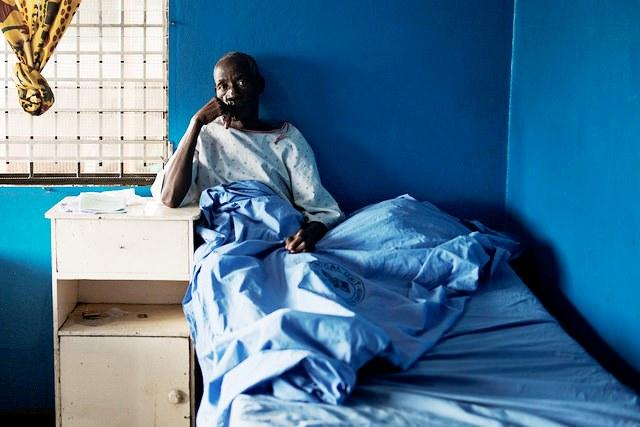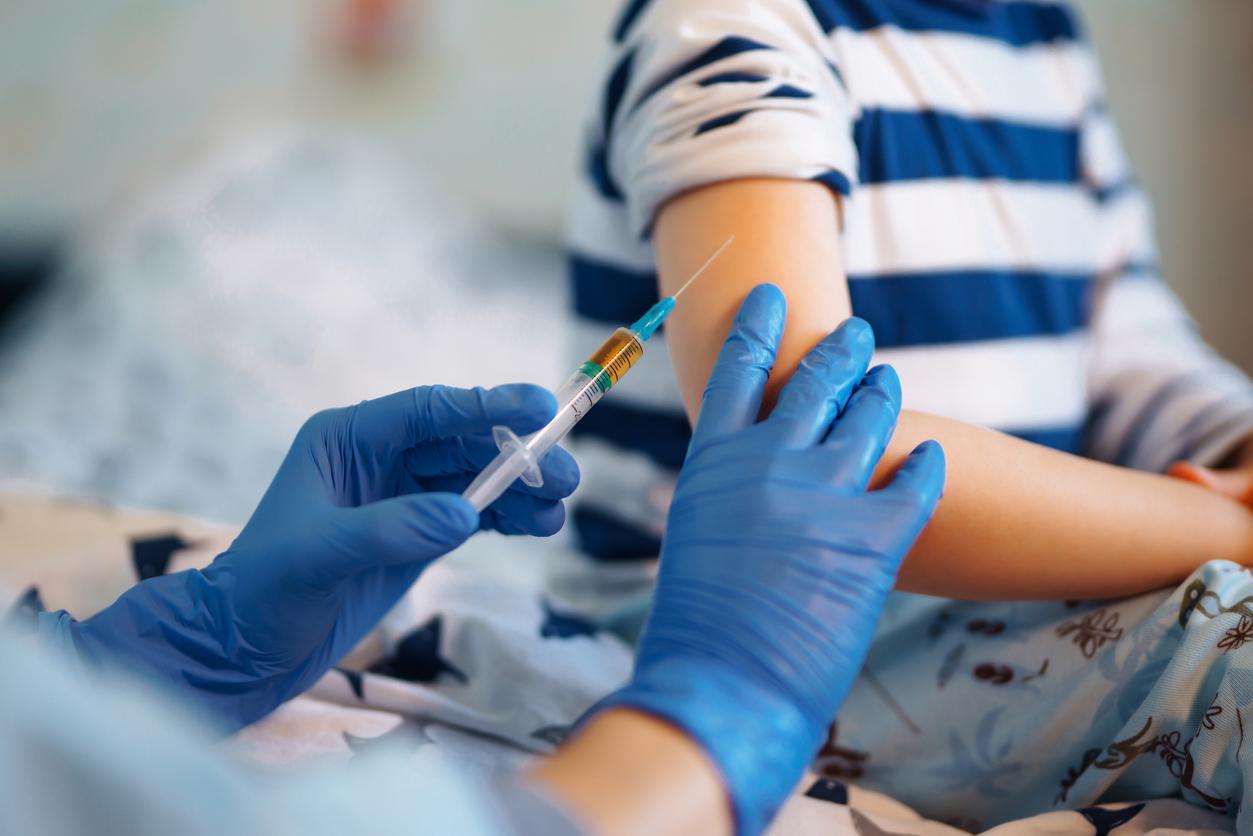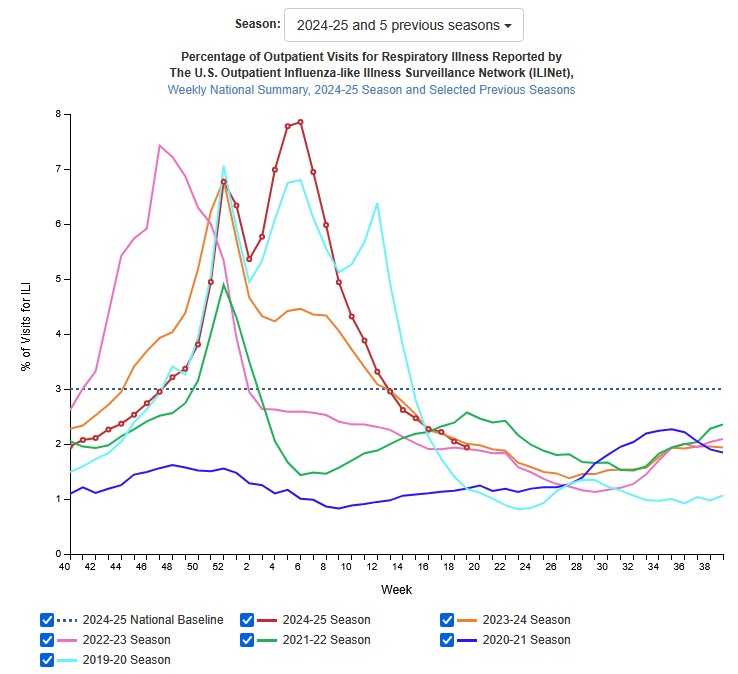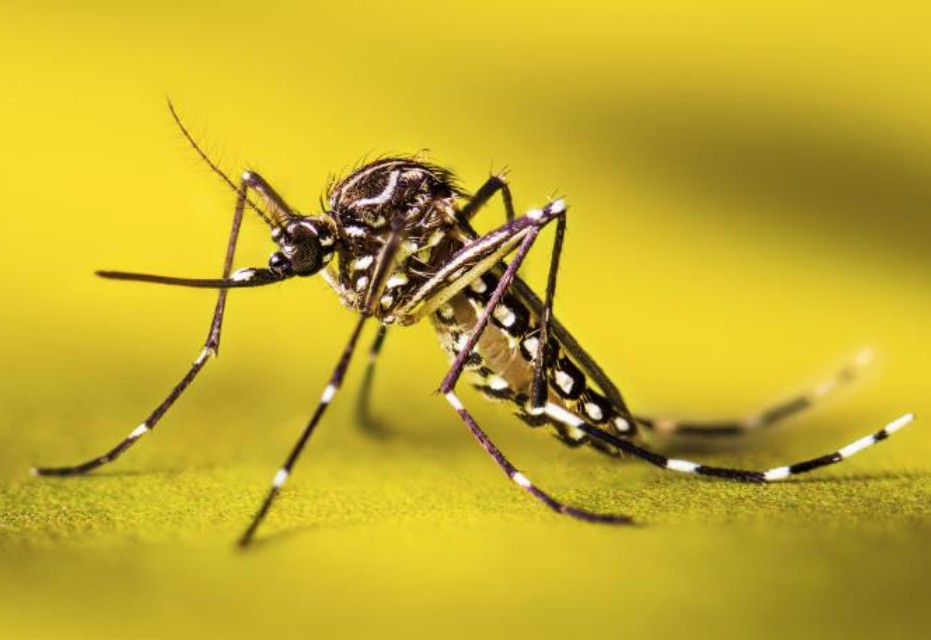
Ebola patients in the Democratic Republic of the Congo (DRC) were much less likely to die if they were vaccinated against the viral hemorrhagic infection and received prompt treatment with monoclonal antibodies or an antiviral drug and enhanced supportive care, according to a secondary analysis published yesterday in Virology Journal.
Investigators from the University of Kinshasa in the DRC and the University of Technology in Sydney, Australia, examined the medical data of 781 hospitalized patients at one of four Ebola treatment centers in the North Kivu region. The aim was to gauge 28-day death rates and identify predictors of survival during the country's 10th Ebola outbreak (August 2018 to February 2020).
Vaccinated patients 1.7 times less likely to die
In total, 20% of patients were vaccinated against Ebola at study inclusion. Intervention patients received a monoclonal antibody treatment (mAB; REGN-EB3 [31%], MAb114 [27%], or ZMapp [13%]), or the antiviral remdesivir (21%). The 7% of participants who received only standard care had a case-fatality rate of 89.1%.
Administering vaccines and using mAb114, REGN-EB3, and, to some extent, remdesivir further increase patient survival rates.
Patients who received the rVSV-ZEBOV vaccine were 1.7 times less likely to die than their unvaccinated peers (relative risk [RR], 0.59). This was the first outbreak outside of West Africa in which Ebola vaccine was widely used.
The risk of death rose 5% each day of treatment delay. Relative to standard care (no antiviral therapy), adjusted death rates were significantly lower after receipt of MAb114 (RR, 0.27), REGN-EB3 (RR, 0.26), or remdesivir (RR, 0.38). ZMapp patients also had a lower, albeit marginally significant, death rate (RR, 0.47).
"The high efficacy of MAb114 and REGN-EB3 compared to ZMapp and remdesivir in this analysis may partially explained by the fact that MAb114 and REGN-EB3 were administered as single doses, while ZMapp and Remdesivir required multiple infusions, which may have been delayed due to staff shortages or other operational barriers," the authors wrote.
"Prompt identification and treatment, along with enhanced supportive care (such as replenishing fluids and electrolytes and managing symptoms), significantly improve survival chances," they added. "Concurrently, administering vaccines and using mAb114, REGN-EB3, and, to some extent, remdesivir further increase patient survival rates."

 US flu activity is low and declining further, according to the latest
US flu activity is low and declining further, according to the latest 










